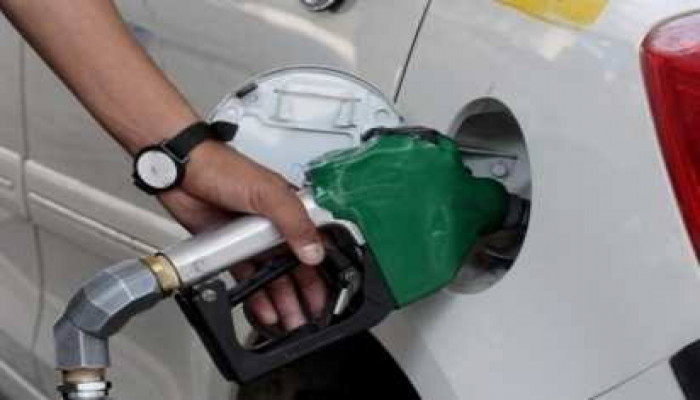From 2025, all new vehicles sold in India will need to be E20-compliant
- In Reports
- 07:30 PM, Nov 12, 2021
- Myind Staff
According to officials, all new vehicles sold in the country will need to be E20-compliant from 2025. This move may force automakers to reconfigure their existing petrol vehicles to operate using the blended fuel.
A decision on mandating sales of only E20 optimised vehicles will be taken by the Ministry of Road Transport and Highways. But the petroleum ministry is keen on ensuring that only E20 petrol is available in the country from 2025.
Petroleum Secretary Tarun Kapoor said, “The target is to only sell E20 petrol across the country from 2025. E20 petrol will be introduced from 2023. In the transitional period, both E20 and E10 (petrol blended with 10 per cent ethanol) will be available but at different retail outlets (commonly called petrol pumps).”
“There will be no separate dispensing unit for E20 ethanol at a single retail outlet. The existing dispensing units will just start selling E20 ethanol,” he added.
According to Maruti Suzuki, the company is compliant with E10 norms and the automaker’s products will be E20-compliant by 2023.
“As far as the government is concerned, it is looking to mandate E10 and E20 compliance. So, we are in line with this thinking and we have supported this part of the discussion … Ethanol is going to be one big technology that we will be using in our products,” said C V Raman, chief technical officer, Maruti Suzuki India, adding that with petrol and CNG, flex fuel will be their third option on offer.
According to the petroleum secretary, the government intends to ramp up sales of E100, or pure ethanol for running vehicles.
“A separate dispensing station will need to be installed at petrol pumps for E100 since existing vehicles cannot run on it. The use of E100 as a primary fuel is being examined through a pilot project in Pune,” he said.
“There may be an impact on the fuel efficiency of a non-compliant vehicle after the E20 roll-out but studies are still on to decide whether there is any other adverse impact of the blended petrol,” he said.
Image Courtesy: IANS







Comments